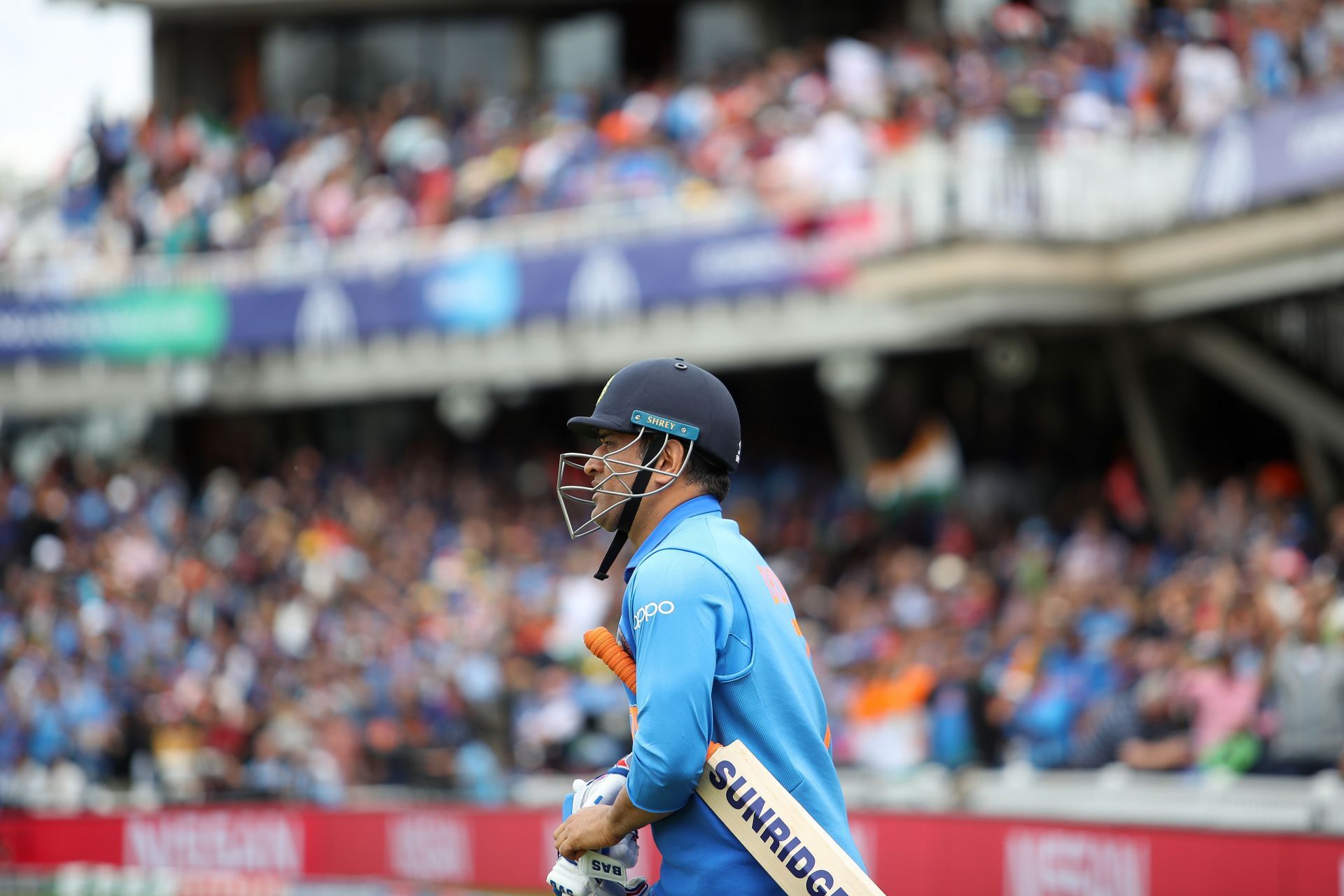
5 MS Dhoni decisions that changed Indian cricket forever
Mahendra Singh Dhoni is celebrated as one of the most successful captains in Indian cricket history. He led India to victory in the inaugural T20 World Cup in South Africa in 2007 and secured the 2011 ODI World Cup, marking the nation’s first win in 28 years.
Under his leadership, India also reached the No. 1 ranking in Test cricket in 2009 and claimed the 2013 Champions Trophy by defeating England in the final.
Dhoni captained India in 200 ODIs, achieving 110 wins and 74 losses, with the rest ending in ties or no-results. His tenure also saw India winning 27 Tests and 41 T20Is.
Many crucial decisions he made had a lasting impact on the future of Indian cricket. In this article, we’ll explore five key decisions by MS Dhoni that changed Indian cricket forever.
#1 Changing the landscape of T20 cricket in India
MS Dhoni captained India in the first T20 World Cup in 2007, leading a relatively young team that was missing key players like Sachin Tendulkar, Sourav Ganguly, and Rahul Dravid. Against all odds, Dhoni’s squad excelled, defeating strong teams like Pakistan, England, South Africa, and Australia throughout the tournament.
In a thrilling final, India triumphed over Pakistan by just five runs, thanks to Dhoni’s bold choice to trust Joginder Sharma to bowl the final over—one of the defining moments of his captaincy.
This victory ignited a global T20 revolution and paved the way for various domestic T20 leagues, notably the Indian Premier League (IPL) in 2008. The IPL transformed cricket by commercializing the sport and providing a platform for local talent to shine alongside international stars.
#2 Dropping Sourav Ganguly and Rahul Dravid for the 2007-08 CB series
Sourav Ganguly and Rahul Dravid had been key players in the Indian ODI team for a decade. However, following a disappointing performance under Dravid in the 2007 ODI World Cup, he chose to step down as captain.
When Dhoni took over, he envisioned building a team for the 2011 World Cup, focusing on younger, fitter players. In a bold decision, he dropped veterans Dravid and Ganguly from the squad for the 2007-08 CB Series in Australia.
This move opened the door for emerging talents like Rohit Sharma, and the results were impressive. India went on to defeat Australia in the first two finals, clinching the 2007-08 CB Series and marking the start of a new era in Indian ODI cricket.
#3 Promoting Rohit Sharma to open the batting
Rohit Sharma made his ODI debut in 2007 against Ireland. Initially batting in the middle order, he struggled to find his form, accumulating just 1,974 runs in his first 85 matches at an average of 30.84.
It wasn't until 2013, during the series against England, that he was promoted to open the batting, where he scored 83 runs in his first innings in that role.
Later that year, during the 2013 Champions Trophy, Rohit became the permanent opener alongside Shikhar Dhawan, and he hasn't looked back since. He has credited Dhoni for changing the course of his career by promoting him to this position.
Now 37, Rohit has excelled as an opener, having batted in that role 176 times in ODIs, scoring 8,836 runs at an impressive average of 55.57, including 44 fifties and 29 centuries.
#4 Ushering in R. Ashwin and Ravindra Jadeja, especially in Tests
Ravichandran Ashwin and Ravindra Jadeja have been crucial to India’s success in Test cricket. Both debuted under Dhoni, who provided them with strong support. Ashwin made his Test debut in 2011, while Jadeja joined the team during the final match of a four-match series against England in 2012.
At that time, England made history by defeating India 2-1 on Indian soil, prompting the team to look for a primary spinner to succeed Harbhajan Singh and Pragyan Ojha. Dhoni recognized the importance of having versatile players in the Test lineup. By including Jadeja, he brought much-needed balance and flexibility to the team, enhancing Ashwin’s spin and adding depth to the bowling attack.
Since then, the duo has played a significant role in numerous Test victories, with India remaining unbeaten in the Test series at home for the last 12 years. Their all-round skills have been invaluable, and as Ashwin and Jadeja continue to excel, their success reflects Dhoni’s vision and leadership.
#5 Backing Virat Kohli early in his career and transitioning leadership
Virat Kohli has become a global star, excelling for India both as a batter and a captain. However, he faced a tough time during the 2011-12 tour of Australia, where he struggled to score runs in the Test series.
With just 43 runs in the first two Tests, there were talks of dropping him from the team. However, Dhoni backed him and encouraged the management to keep Kohli in the lineup, and he ultimately proved them right.
Kohli rebounded with a half-century in the third Test in Perth and scored his first Test century in the fourth Test at Adelaide, making 116 runs. Since then, he has broken numerous records and established himself as one of cricket’s legends.
While Dhoni supported Kohli early on, he also played a key role in his development as a leader. The transition of captaincy from Dhoni to Kohli is seen as a significant moment in Indian cricket.
Kohli introduced a new level of intensity with his aggressive approach. During his captaincy, he led India in 213 matches across all formats, achieving 135 wins and only 60 losses.